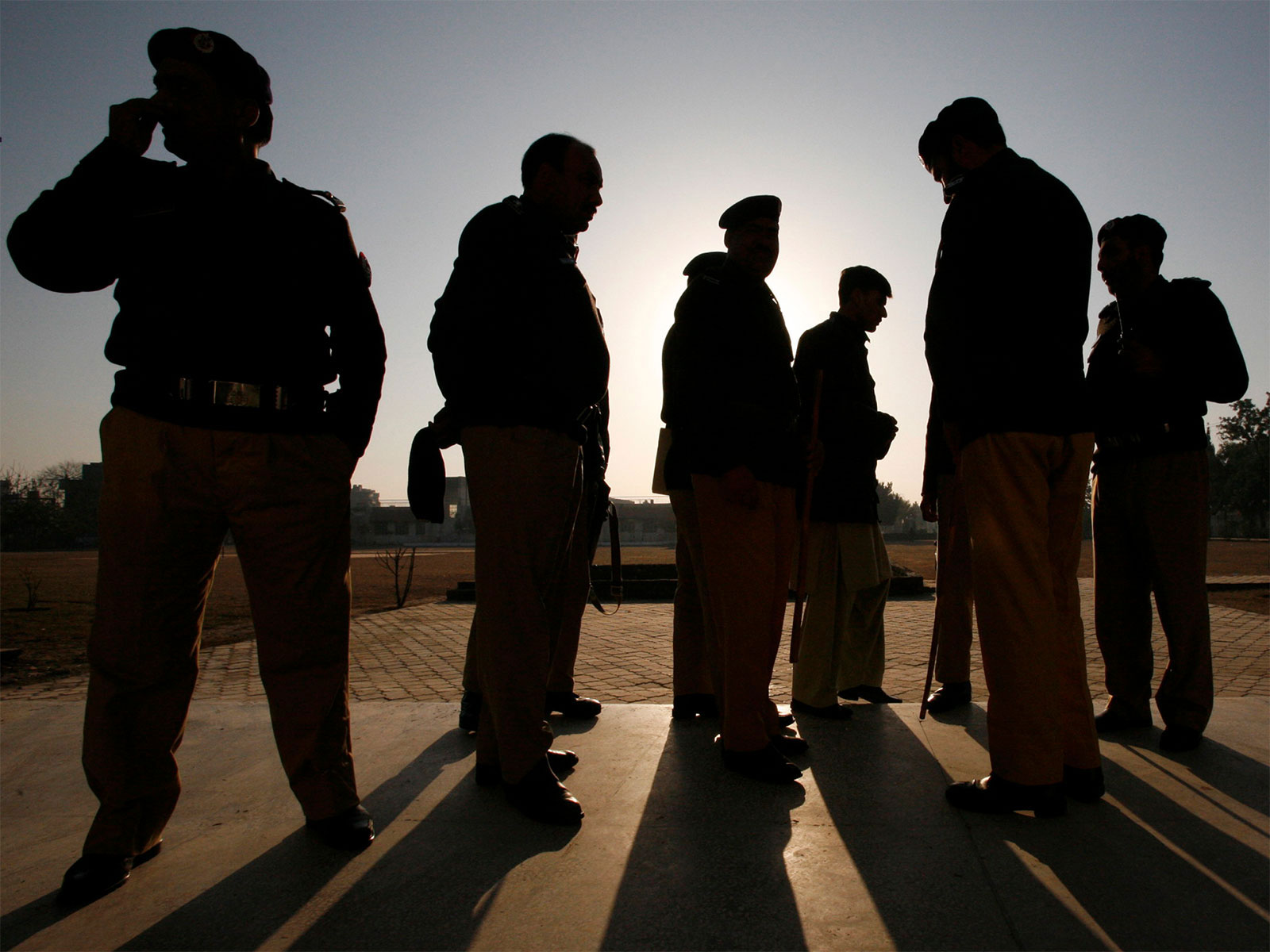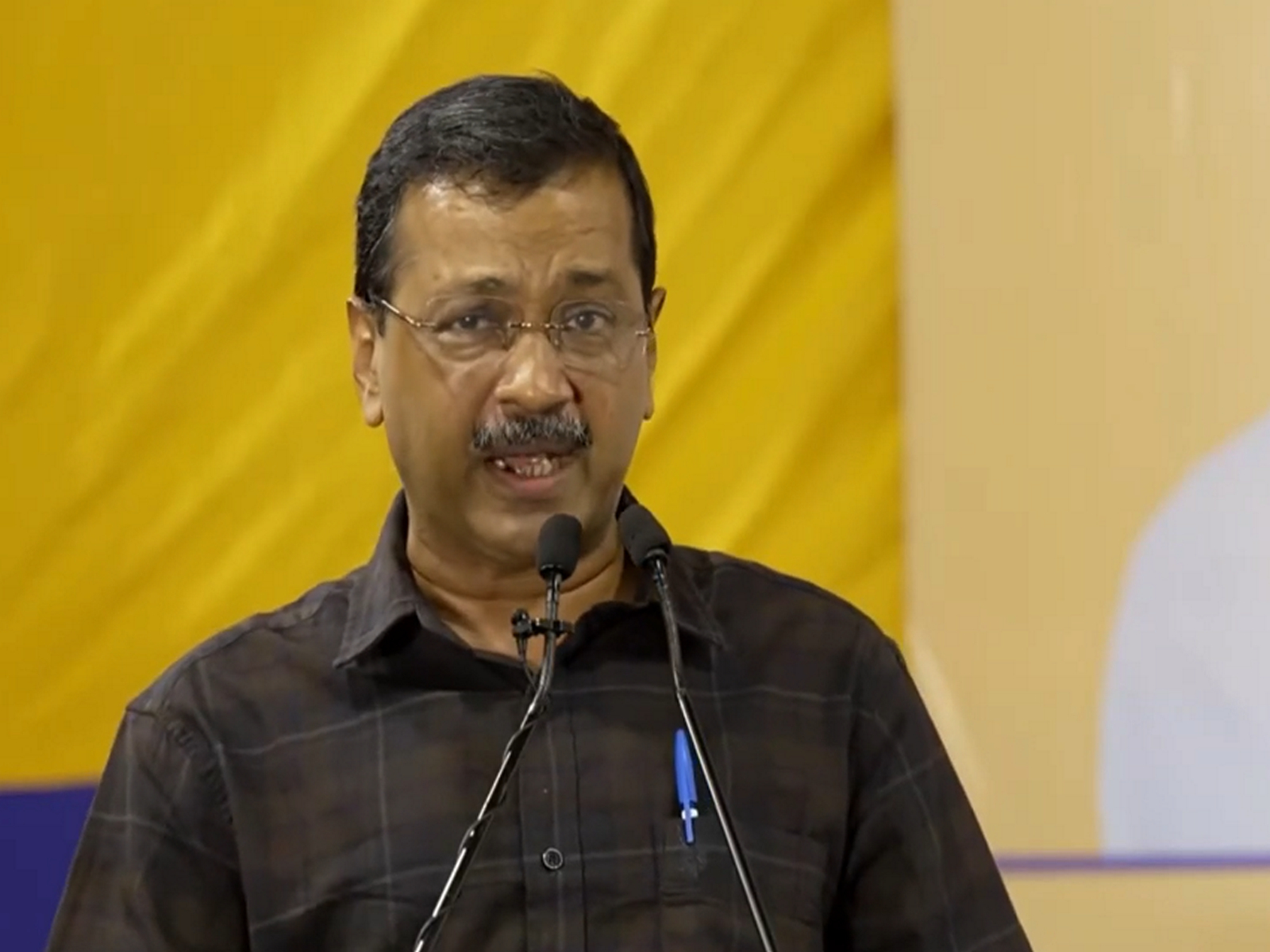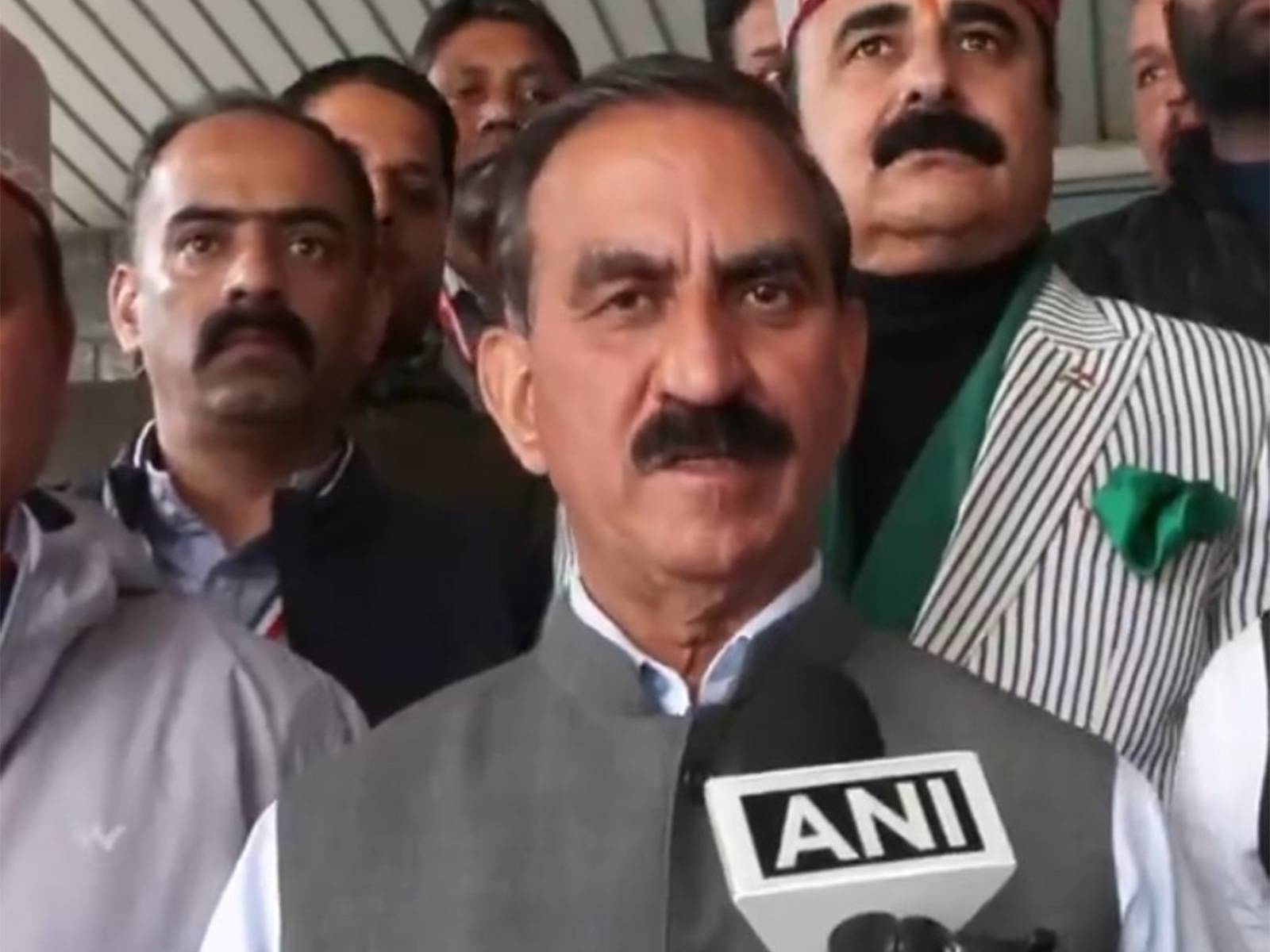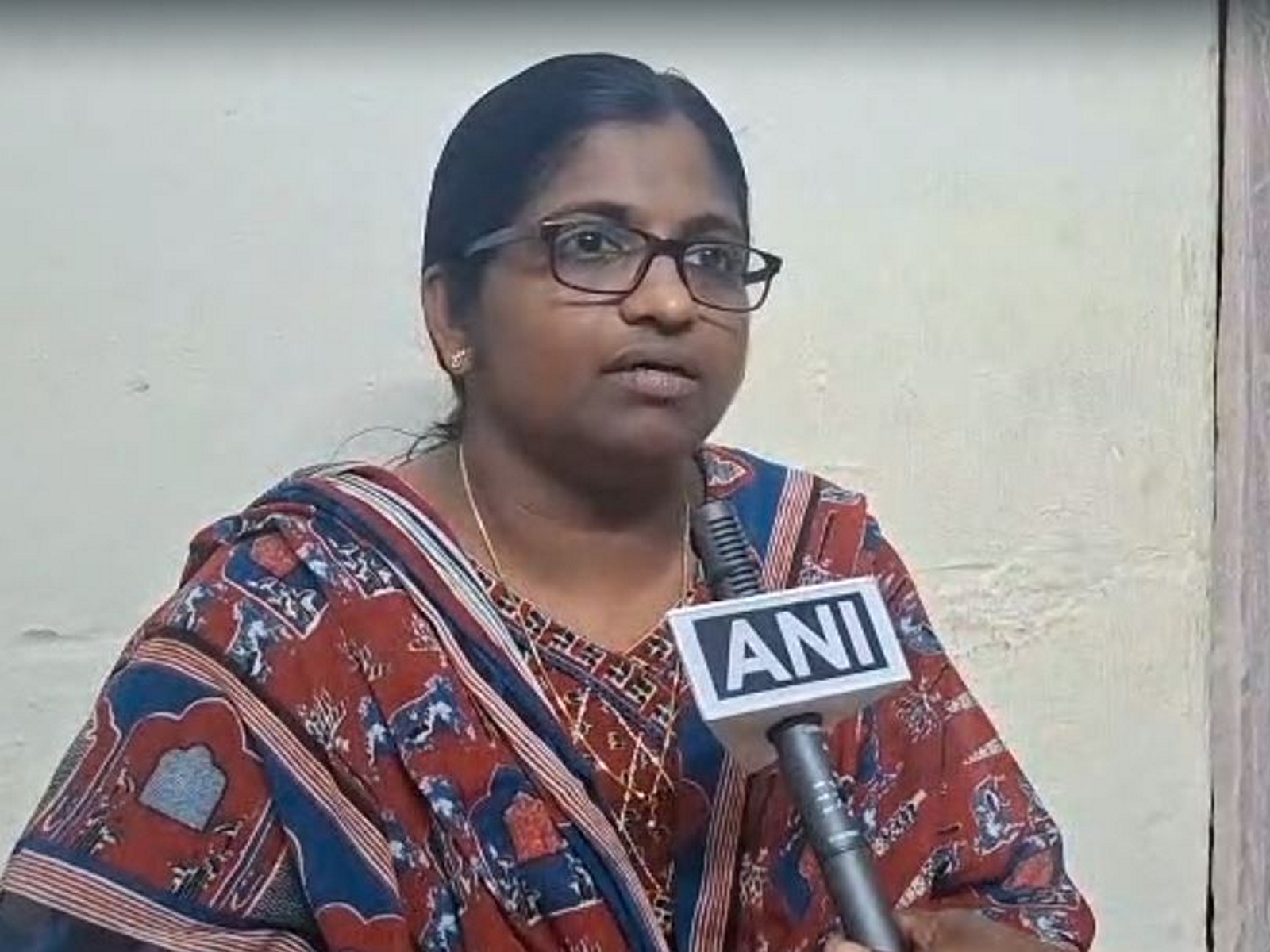UAE and US: A strategic partnership to support energy transition, mitigate climate change
Nov 08, 2023

Dubai [UAE], November 8 (ANI/WAM): The United Arab Emirates and the United States have forged a strategic partnership to promote renewable energy solutions and clean technologies, setting a leading example for constructive and high-quality partnerships that support the energy transition, create economic opportunities, and mitigate the impacts of climate change.
The two sides continue to coordinate and work together under a shared vision to accelerate and invest in new clean energy technologies in both countries and across the world. This will help to ensure clean energy security for future generations.
The UAE's strategic projects in the field of clean energy contribute to achieving the goal of limiting global warming to 1.5 degrees Celsius, which requires redoubling efforts and strengthening cooperation in the fields of energy and climate action.
This is one of the main pillars that will be highlighted at the COP28, which will be hosted by the UAE at the end of November.
In November 2022, the UAE and the US signed a strategic partnership to invest $100 billion in implementing 100 gigawatts of clean energy projects in the UAE, the US, and other parts of the world by 2035. This aims to strengthen energy security, promote clean technologies, and support climate action.
Masdar, one of the world's fastest-growing clean energy companies, has strengthened its presence in the US renewable energy market by acquiring a 50% stake in a portfolio of clean energy projects that include solar, wind, and battery storage with a total capacity of 1.6 gigawatts.
The portfolio includes eight renewable energy projects, including three utility-scale wind farms in the states of Nebraska and Texas with a total capacity of 815 megawatts, and five solar photovoltaic projects in the state of California, two of which are equipped with a battery storage system.
The total capacity of these projects is 689 megawatts of solar energy and 75 megawatts of energy stored in a lithium-ion battery system.
Commercial operations began at the three wind farms in the first half of 2021. These include the Coyote Wind Farm project, with a capacity of 243 megawatts in Scurry County, Texas; the Las Majadas Wind Farm project, with a capacity of 273 megawatts in Willacy County, Texas; and the Milligan 1 wind project, with a capacity of 300 megawatts in Saline County, Nebraska.
Commercial operations also began at four of the five projects in California in December 2020. All of these projects are located in Riverside County. These projects include the Desert Harvest 1 and Desert Harvest 2 PV projects, as well as the Maverick 1 and Maverick 4 PV projects, with a total capacity of 309 megawatts.
The latest project in California is the Big Beau photovoltaic solar project, which has 128 megawatts and 40 megawatts/160 megawatt-hours of battery storage capacity located in Kern County.
In total, the eight projects have created more than 2,000 jobs in the US clean energy sector and helped to avoid the release of more than three million tonnes of carbon dioxide per year.
In January last year, the UAE and the US announced that they would allocate $20 billion to develop 15 gigawatts of clean energy projects in the US by 2035. This is being led by Masdar and a group of private American investors as part of the UAE-US Partnership for Accelerating Clean Energy (PACE). (ANI/WAM)


















